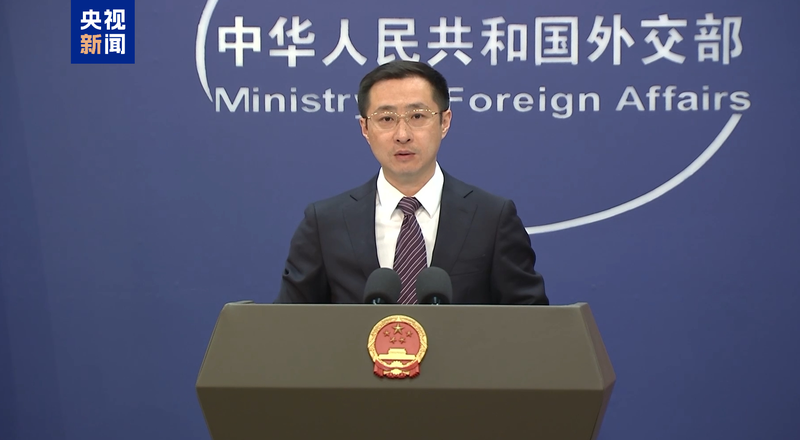At a regular press briefing on Tuesday, Chinese Foreign Ministry spokesperson Lin Jian delivered a pointed rebuttal to a recent joint statement by the United States, Japan, Australia and the Philippines. The four defense chiefs, meeting at the 22nd Shangri-La Dialogue in Singapore on May 31, pledged deeper maritime defense cooperation targeting China’s activities in the East China Sea and the South China Sea.
Lin accused Washington and its allies of “hyping up the so-called China threat” and “stoking confrontation” to advance a Cold War–style bloc mentality. He insisted that such moves run counter to regional stability and will neither resolve disputes nor intimidate the Chinese mainland.
“We urge the United States and its allies to cease forming exclusive cliques and interfering with efforts by regional countries to resolve disputes through dialogue and consultation,” Lin stated, emphasizing Beijing’s “unwavering determination to safeguard its territorial sovereignty and maritime rights and interests.”
Strategic waters like the East China Sea and the South China Sea serve as some of the world’s busiest shipping lanes, carrying trillions of dollars in goods each year. As tensions simmer over territorial claims and freedom of navigation, businesses and travelers alike watch closely for shifts that could ripple through supply chains and shipping routes.
Diplomacy experts say the region faces a critical juncture. While multilateral defense pacts can reassure partners, they may also fuel rivalries. China’s call for direct dialogue underscores the challenge of balancing security partnerships with inclusive dispute resolution.
For global citizens tracking geopolitics, this latest exchange highlights how alliance-building and regional forums like the Shangri-La Dialogue shape the future of maritime stability. As nations navigate competing interests, the broader question remains: Can dialogue and cooperation outpace confrontation?
Reference(s):
China urges U.S. and allies to stop twisting facts on maritime issues
cgtn.com




